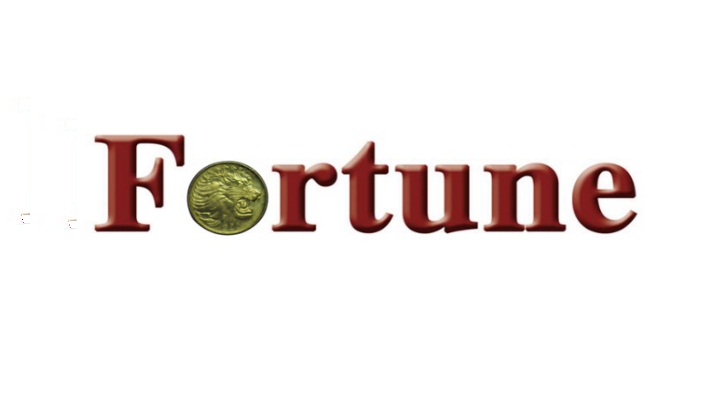The government has moved one step forward in liberalising the service part of the telecom industry by outsourcing a local private company to sell fixed-line internet services.
Awarding G2G Clarity IT Solutions S.C for the service is part of the Ethio telecom’s plan of reforming its structure which includes splitting the company and liberalise the service provision part. The company has monopolised all aspects of the telecommunication sector, despite the pushes to open it to the competitive local and international companies.
Mossie Desta, Indirect Partner Manager of Ethio-Telecom and Biruk Moges, manager of G2G Clarity, announced the agreement on May 11, 2018, at Getfam Hotel on Haile Gebresellasie Avenue.
“The main target of outsourcing the service is getting more clients,” said Abdurahim Ahmed, corporate communications officer of the state monopoly telecom service provider, Ethio telecom.
G2G Clarity took the license of Value-added Service (VAS) two years ago from the Ministry of Communication & Information Technology (MCIT). However, the agreement for selling fixed-line internet services was signed with the Ethio telecom in January 2018.
Nine years ago the MCIT granted a license for the companies to engage within six areas of VAS which includes Short Message System (SMS), USSD (Unstructured Supplementary Service Data) and GPS services, including fleet management services. Since then, including G2G Clarity, eight companies secured a license to be a VAS partner of Ethio telecom, although, G2G Clarity and one other company have paid the fees to telecom to conclude the deal and provide the service.
“We were working on the system installation and governing mechanism,” said Abdurahim, explaining why the company did not start providing the service for the past nine years despite the license they received from MoCT.
To provide the service, G2G Clarity, which was established two years ago with a 10 million Br capital, will buy internet packages from the service provider, telecom, in bulk with 100 megabits a second speed and distribute it to the users after installing the fibre optics installation. Optical Line Terminals (OLTs), Multi-instrument Installation with control boxes (MS boxes), optical network units and infrastructural components have already been installed.
Ethio telecom will be the Internet Service Provider (ISP) while G2G Clarity will be Virtual Internet Service Provider (VISP).
“G2G Clarity will buy only the packages from the service provider,” said Mossie.
Though the company has already secured the license to provide the service across the country, it will start the services in three areas in the capital; CMC, Bole and Hayahult. From the two methods of installing fixed-line internet service; fibre optics and copper line, the company uses the former which is a flexible, transparent fibre made by drawing glass or plastic. Ethio telecom partially uses a copper line.
“The company is currently registering companies and individuals who want to buy our services,” said Biruk. “We will install the network infrastructure for clients free.”
The two-year-old company, which was established with five individuals, has four wings specialising in fleet management, network security, IT solutions and the one who is going to downstream internet service from ethio telecom.
The telecom will not put minimum or maximum price limitations on the company. However, the owners claim that they will give five to 20pc discount for corporate, and up to a 50pc discount for individual clients.
“Hence, we have a price cap which limits them from selling for a price that is higher than what we charge,” Abdurahim told Fortune.
“The discounts are set as the promotional price, in which we have allocated budget for loss,” Biruk told Fortune, “but we can not say that the price will stay at this rate permanently.”
This would be a great move for the Ethio telecom which has 62 million mobile subscribers up from the 38 million at the beginning of the GTP II in 2014/15. However, the number is still bashful of the targeted 103.6 million subscribers. There are also 16.8 million individuals who subscribed for internet services.
The last and most significant reform of the state monopoly, came at the beginning of the decade, when the government signed an agreement with France Telecom for 30 million dollars, to take over the Enterprise’s management. When the company outsourced the retail of SIM cards to the private companies, it resulted in a positive outcome of getting a large number of subscribers.
Far from this mend, the government has a plan of entirely reforming the company with a consideration of splitting and privatising some parts of the telecom. To realise this the Ethio telecom and the MCIT began the process of hiring a consultant to undertake a survey.
Applauding Ethio telecom’s action Wondafraw Yohannes, a PhD candidate in software engineering in China and a lecture at Adama Science & Technology Univesity, believes that it does not go beyond a quick fix of the internet quality and accessibility problem.
“The government needs to bring private companies on board as an independent Internet Service Provider,” he said, “our neighbouring country Kenya is a good example for this.”

